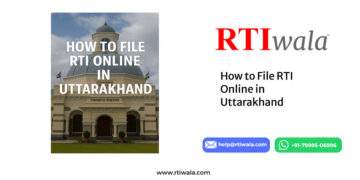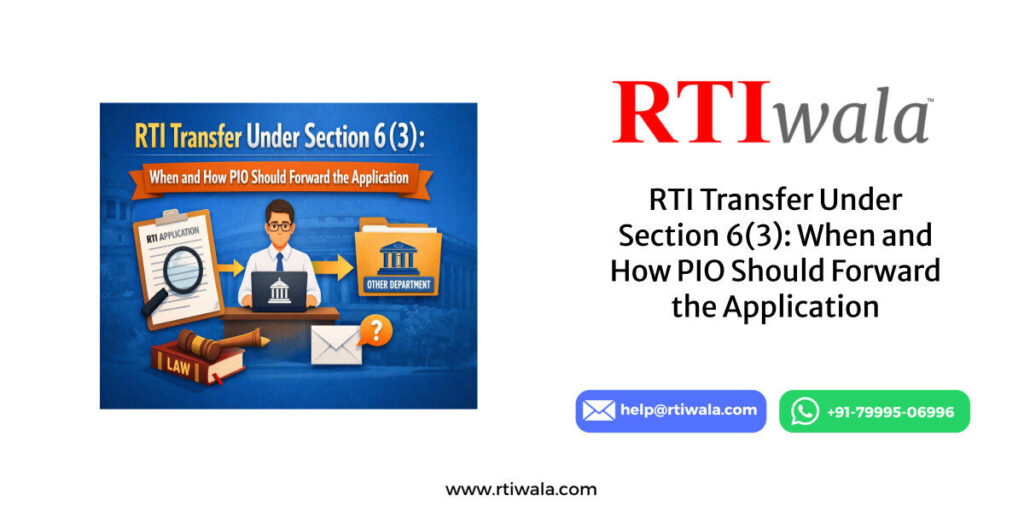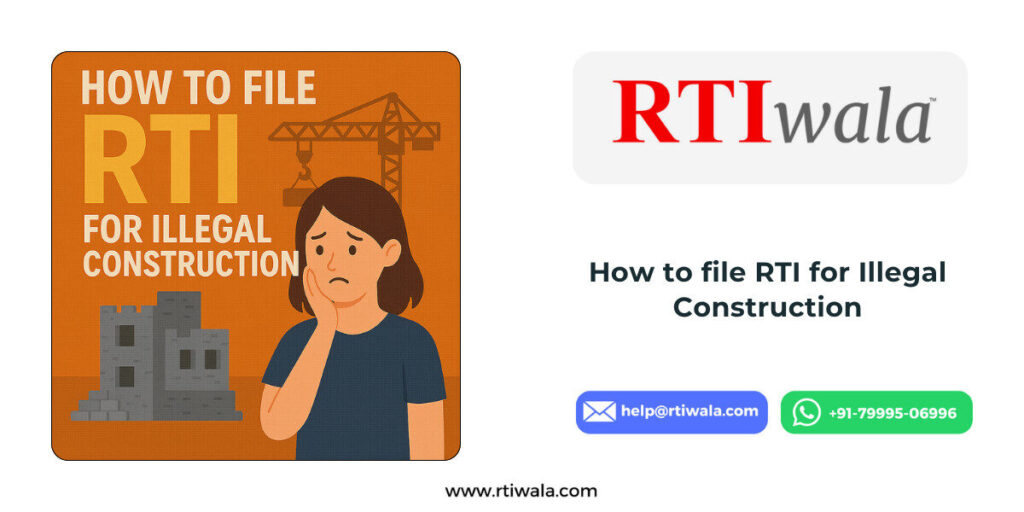Introduction
With the global Indian diaspora investing heavily in real estate, buying or selling a property involving a Non-Resident Indian (NRI) is a common occurrence. However, such transactions involve specific legal guidelines under Indian law to ensure compliance with the Foreign Exchange Management Act (FEMA) and other regulations. This guide provides a comprehensive overview of the legal requirements, documentation, and tax implications for property transactions with NRI.
Who Is an NRI?
Under Indian law, an NRI (Non-Resident Indian) is defined as:
- A person who is an Indian citizen but resides outside India for more than 182 days in a financial year.
- Individuals holding Indian passports but living abroad for employment, business, or other purposes.
Key Legal Guidelines to NRI Property Transactions
1. Types of Properties an NRI Can Sell
- NRIs are allowed to sell residential and commercial properties to:
- Indian residents.
- Other NRI.
- Persons of Indian Origin (PIO).
- Agricultural land, plantation property, or farmhouses can only be sold to Indian residents.
2. Documentation Required from the NRI
- Proof of Ownership: Original title deed or sale agreement.
- NOC from Society/Authority: To verify no dues are pending.
- Tax Clearance Certificate: To ensure compliance with tax obligations.
- PAN Card: Mandatory for property transactions.
- Passport and Visa: To establish NRI status.
- Power of Attorney (PoA): If the NRI cannot execute the transaction in person.
3. Payment Regulations for Buyers
- Payment must be made in Indian Rupees (INR) through normal banking channels.
- Use an NRO account for remittance to the NRI.
- Cash payments are strictly prohibited.
4. TDS (Tax Deducted at Source)
- Buyers must deduct TDS at 20% for long-term capital gains and 30% for short-term capital gains.
- The deducted TDS must be deposited with the Income Tax Department using Form 26QB.
Key Legal Guidelines for Selling Property to an NRI
1. Types of Properties NRIs Can Buy
- NRIs can purchase:
- Residential and commercial properties.
- There are no restrictions on the number of properties an NRI can own.
- NRIs cannot purchase:
- Agricultural land, plantation property, or farmhouses (without specific RBI approval).
2. Mode of Payment
- NRIs must make payments in INR via:
- Funds from an NRE, NRO, or FCNR account.
- Remittances from abroad through banking channels.
- Cash transactions are prohibited.
3. Repatriation of Sale Proceeds
- Sale proceeds can be repatriated up to $1 million per financial year, subject to:
- Proof of repatriation being furnished.
- Payment of applicable taxes in India.
4. Taxation
- For NRIs, the capital gains tax is deducted at source when selling property.
- Short-term capital gains: Taxed as per the income slab.
- Long-term capital gains: Taxed at 20% with indexation benefits.
Power of Attorney (PoA) in NRI Transactions
What Is PoA?
A Power of Attorney (PoA) is a legal document authorizing someone to act on behalf of the NRI for property transactions.
Types of PoA
- General PoA: Broad powers to manage or sell property.
- Special PoA: Limited to specific tasks, like signing a sale deed.
PoA Execution
- If executed outside India, it must be notarized and attested by the Indian Embassy.
- The document must be stamped and registered in India.
Common Challenges in NRI Property Transactions
- Legal and Tax Complexities
- Understanding TDS and FEMA regulations can be overwhelming.
- Verification of Ownership
- Ensuring the NRI has clear ownership of the property.
- Currency Conversion and Repatriation
- Managing remittances and compliance with RBI guidelines.
- PoA Misuse
- Risks of unauthorized actions by agents holding PoA.
- Delayed Transactions
- Lengthy approval processes for agricultural or special properties.
How to Address Disputes or Delays
If you encounter delays or discrepancies in NRI property transactions, tools like RTI (Right to Information) can help ensure transparency and accountability.
- Verify Land Records
- File RTI to check the ownership and encumbrance status of the property.
- Track Approval Processes
- Use RTI to inquire about the status of approvals from local authorities or registrars.
- Ensure Tax Compliance
- File RTI to verify TDS deductions and tax remittance.
- Seek Legal Clarifications
- Request information about FEMA compliance or RBI approvals.
How RTIwala Can Help
If you face challenges in property transactions involving NRIs, RTIwala offers expert assistance:
- File RTI Online: Obtain information on property records, TDS, or transaction delays.
- Anonymous RTI: Protect your identity while raising sensitive queries.
- Custom Drafting: Get professionally crafted RTI applications tailored to your concerns.
- Follow-Up Support: Ensure timely responses from authorities and institutions.
RTIwala Service Promotion
Simplify NRI property transactions with RTIwala trusted services:
- Expert Consultation: Personalized advice on NRI property deals.
- Online RTI: File RTI to track ownership or compliance issues.
- Anonymous RTI: Maintain privacy while addressing legal concerns.
- Custom Drafting: Tailored RTI applications for impactful results.
- Products: Explore solutions for property-related legal challenges.




















































